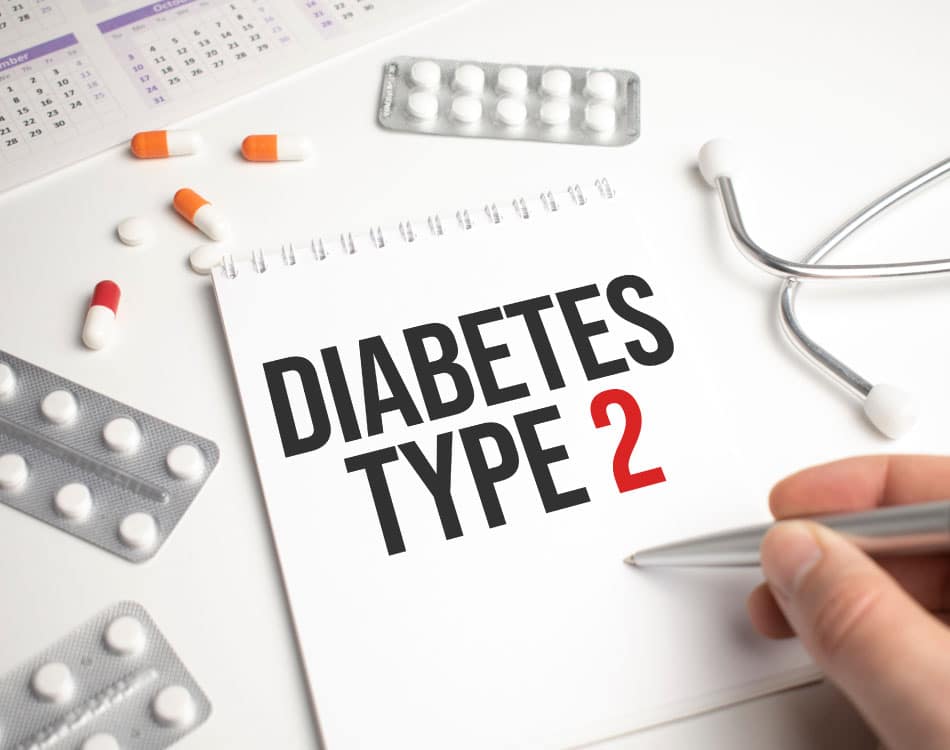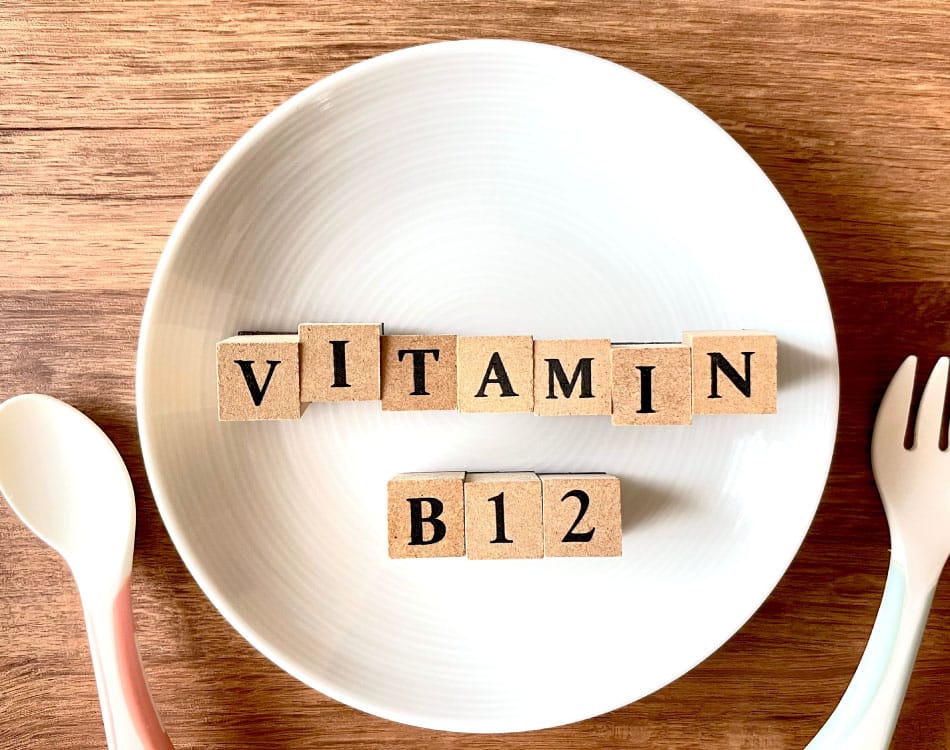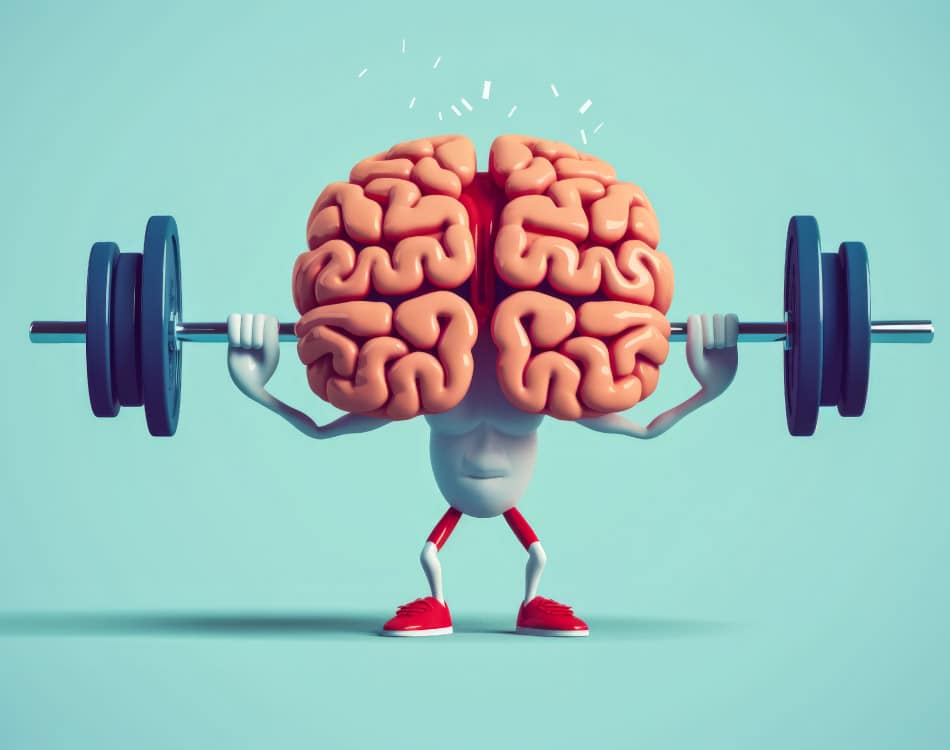Even before the COVID-19 pandemic sent the world into lockdown and life became a mix of social distancing and isolation, people were already experiencing feelings of loneliness, disconnectedness and detachment.
This is ironic in an era when we have more ways to connect and interact with each other than ever before thanks to our mobile devices and the numerous social media platforms we all use today.
READ MORE | Manage Stress And Improve Mental Health With These Supplements
Alone together
But it is these social media channels that are a major contributing factor to rising levels of social isolation as we increasingly substitute social media engagement for face-to-face social interactions.
These social media networks and online interactions tend to give people a false sense of connectedness.
In her groundbreaking book ‘Alone Together’, author Sherry Turkle suggests that the Internet gives us an illusion of togetherness while contributing to isolation.
Social media also exposes us to unrealistic or distorted portrayals of life among our many connections, which can lead to feelings of depression, inadequacy and isolation.
READ MORE | 7 Health Trends To Avoid
Health impact
Social isolation is defined as an “objective deficit in the number of relationships with and frequency of contact with family, friends, and the community.”
While we may dismiss feelings of isolation as simple emotions, wide-ranging research links strong social bonds with increased longevity.
Studies have also found that people who have larger and more diverse social circles and ties tend to have better physical and mental health than those with fewer interpersonal relationships.
In contrast, loneliness and social isolation are linked to poorer health, depression, hypertension, and increased risk of premature death.
In fact, one study suggests that social isolation is as dangerous to our health as smoking 15 cigarettes a day. As such, we should treat it as a public health priority!
READ MORE | Stay On Track With Regular Health Checks
Addressing the issue
One antidote to isolation and loneliness is known as social medicine – a proactive and deliberate attempt to increase interactions with other people and expand our social circle to address health issues linked to loneliness and isolation.
Studies have found that having a variety of social relationships may help reduce stress and heart-related risks.
Creating more social connections in real life with family, friends, neighbours, work colleagues and other social groups may also improve your immunity, and creates a more positive outlook on life.
And social support provides other protective benefits, particularly during challenging or difficult times.
READ MORE | The Stress-Less Toolkit
Get social
Taking your social medicine could entail scheduling regular in-person meet-ups with family or friends. Possible options include meals, meeting up for a walk or simply going for a quick coffee and a catch up.
Social involvement outside of family networks and close friends could offer additional benefits, and becomes more important as we age, according to a study of Europeans over the age of 50.
The study, based on data from the Survey of Health, Aging and Retirement in Europe (SHARE), which included data from 11 European countries and 31,000 individuals, found that those who participated in social or community activities were more likely to report good or very good health.
Social involvement could include volunteering with community outreach organisations, joining a church or local community group, hobby groups or book clubs, or signing up at a sports club, group gym classes or outdoor activity groups.
Whenever possible and appropriate, interactions should include physical contact like shaking hands, high-fiving, hand-holding or hugging. These direct physical engagements trigger the release of hormones and brain chemicals called neurotransmitters (including oxytocin and dopamine) that make us feel good and deliver other biological benefits like regulating our response to stress and anxiety.
With so many advantages linked to broader social circles and more interactions with others, even the most dedicated loners and introverts should make an effort to reach out and get out to mingle more in an effort to improve their health.













